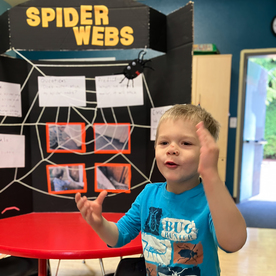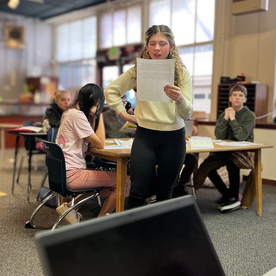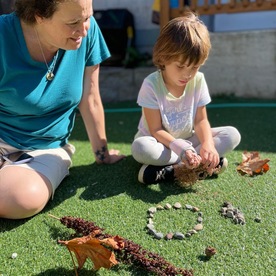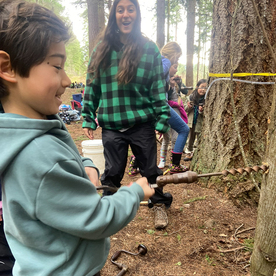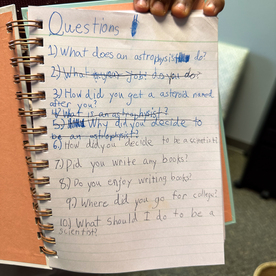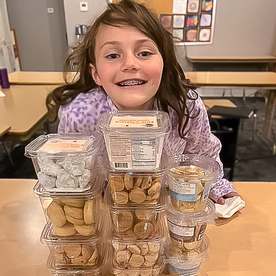
Intense kid? Ours, too
Giftedness is not a matter of degree but of a different quality of experiencing: vivid, absorbing, penetrating, encompassing, complex, commanding – a way of being quiveringly alive.
Michael M. Piechowski
Is your child intense? Seabury specializes in intense kids!!
Recently, I had a conversation with one of our youngest students. It started with the student telling me why they weren’t allowed to use permanent markers at home – something about marks on the dining room table. But then there was a quick pivot, with the child quietly saying, “I wish my brother and I were permanent.” I asked what he meant. He said, through tears, “I don’t want us to DIE!” Whoa! How did we go from permanent markers on dining room tables to existential angst in 30 seconds?

